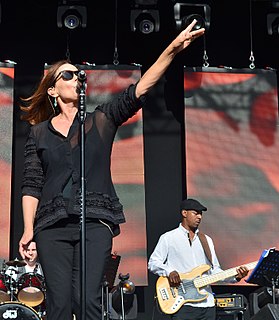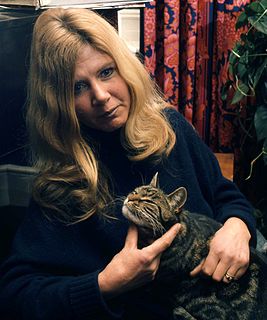A Quote by Samuel Ervin Beam
I'm very flattered the press wants to write about me.
Related Quotes
I've been blessed from the very beginning with the large gay audience, and I'm flattered. They always have the best taste anyways and are at the forefront of fashion, music, and style. So I'm really happy about that and very flattered. It's a good following to have because it means you're doing something right.
I know that some of the folks in the press are uptight about this [moving the press corps out of the West Wing ], and I understand. What we're - the only thing that's been discussed is whether or not the initial press conferences are going to be in that small press - and for the people listening to this that don't know this, that the press room that people see on TV is very, very tiny. Forty-nine people fit in that press room.
I feel as though I never had choice not to be a writer. I feel in my heart of hearts that writing chose me and this is what I must do. I have no choice but to write, and to write, and to write, because my very life depends on it. And to assume that, of course, everyone in the entire universe wants to read what I've written.
There is a terrific disadvantage in not having the abrasive quality of the press applied to you daily. Even though we never like it, and even though we wish they didn't write it, and even though we disapprove, there isn't any doubt that we could not do the job at all in a free society without a very, very active press.
My idea was always to start with a small press and then move up to a national press. I had those goals for my career from the time I was a very young woman. I wanted to win a local award, then I wanted a state or national award. Small press, big press. Some women fantasize about their weddings, their husbands, and children. I fantasized about what I wanted to accomplish with my books.
Forget about Republican or Democrat - what about the kid in the middle of the country who wants to play the drums, the kid who wants to learn how to write a book, or the kid who wants to write a screenplay? We need to give them access to the arts. It's not fair that if you live in a different part of the country, you don't have the chance to learn. And it's not fair that if you don't have as much money, you don't have the chance to learn.
Stories about mental aberration and oddity only make sense in context. Just how do people live with someone who is peculiar, gifted, strange or alien? It's odd because there's a little part of me that wants to write about exotic, strange bizarre subjects. Instead, I've rather reluctantly realised that what I write about is families.




































